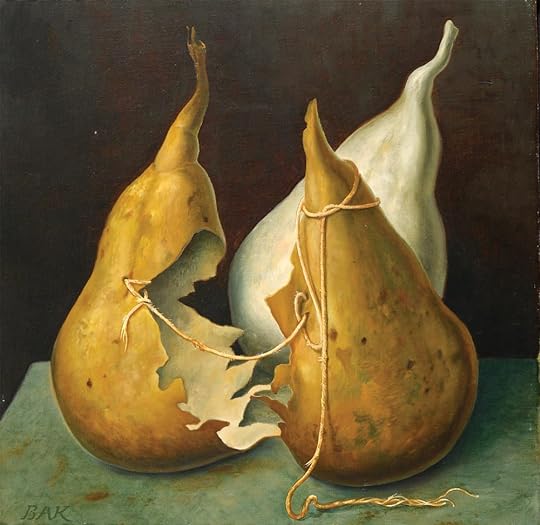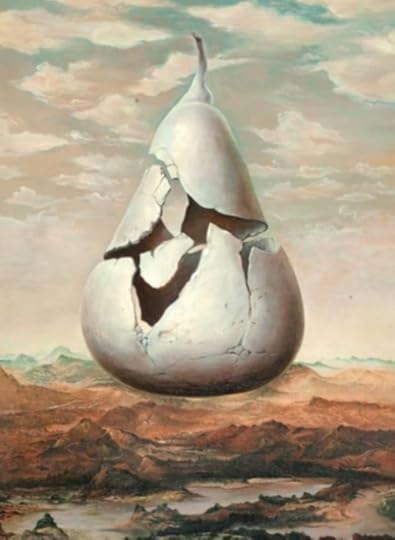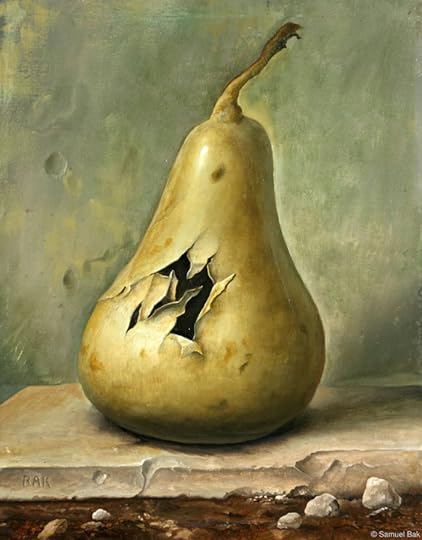What do you think?
Rate this book


163 pages, Paperback
First published May 11, 2015



I am amazed how I then calmly listened to them, or how one could co-exist with violations, when next to you such things were happening. Nobody ever believed anything these children said, and if they said that anything like that had happened to them, violence or rape, or if they had stolen cherries from the next-door garden, that made no great difference at the time, and nobody paid any attention. Now I am amazed, and I don’t know what to think, I simply knew all this, people somehow accepted this background of general violence, and it didn’t seem to be any great tragedy.

"The field looks so enticing, especially to new arrivals at the school, who run out on to the field and then slow involuntarily, ominously, as their feet sink into the waterlogged soil, So the pear trees just stand there with their knotted trunks and tangle of low-hanging branches, alone and forsaken, and every spring they bring forth large shiny green pears which nobody touches."